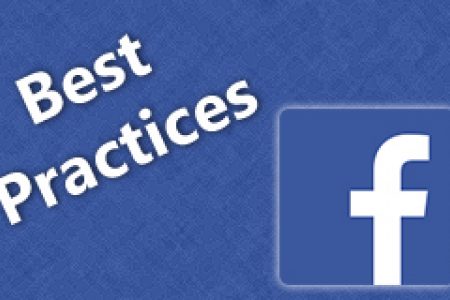More degrees of separation: how to keep the personal and professional separate on Facebook.
An oft-mentioned worry when discussing Facebook is the mixing of personal and professional information. How can you leverage the benefits of Facebook's large membership while keeping your peers and students from knowing too much about your personal life?
When discussing the use of Facebook in any other setting than a personal one, an oft-mentioned worry is the mixing of personal and professional information, especially by teachers. How can you leverage the benefits of Facebook's large number of members while keeping your peers and students from knowing too much about your personal life? The obvious answer is, of course, don't friend them. A rule that is more easily held to when faced by friend requests from students than from colleagues. The next answer then would probably be, don't share stuff you don't want people to know. But what if you also use Facebook to keep up with news from family and friends and sharing pictures of your cats, your kids, or that new house you just bought, is actually what you want to use Facebook for? How can you balance this?
Rigorous application of privacy settings
If you really feel you have to add people, then there is a way of determining who sees what exactly when you post. You can implement rigorous listing practices which can add granularity to the reach of your posts. While creating these lists is fairly easy to do, it is time consuming and cumbersome and it can easily result in mistakes, because it can be easy to select the wrong group to share a message with. Luckily it can be edited afterwards, but prevention is the best cure. If you do want to use lists, Facebook has recently created a helpful page called Privacy Basics, which has an entry that explains the steps to create lists and post selectively quite clearly.
Groups and pages
As mentioned last week, Facebook Groups can be used as an interactive platform for classroom notifications and discussion on a specific topic or class for a select group of people. Groups can be public, closed, or even secret and will allow you to interact with your students or peers in a direct way without having to friend them. If you want to keep the wider outside world posted about your research or your field of interest, have the ability to interact with your audience, without the hassle of being a group administrator, then creating a Facebook Page might be the way to go. As with groups people can follow your page without friending and they can only see your posts on your page.
So there are several ways to interact on a professional basis on Facebook without having your work life impinge on your personal space. It's just a matter of finding the right fit for you or your research group.





